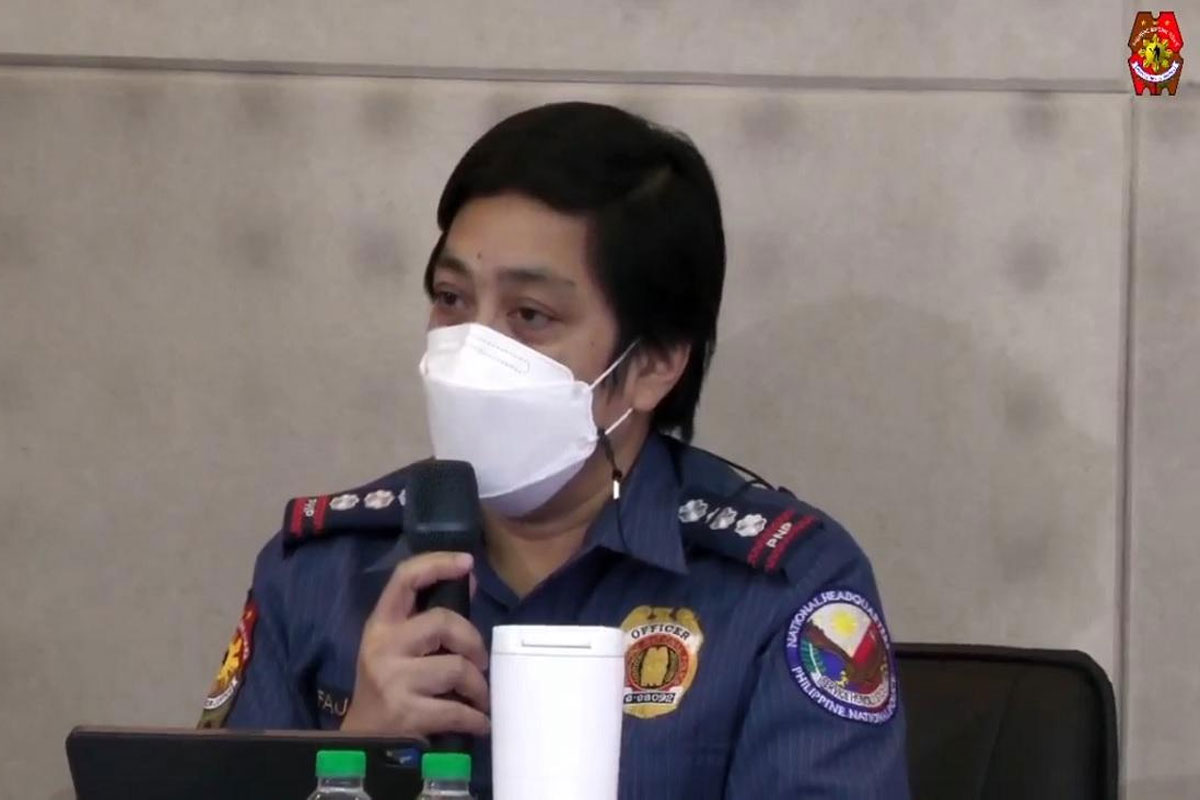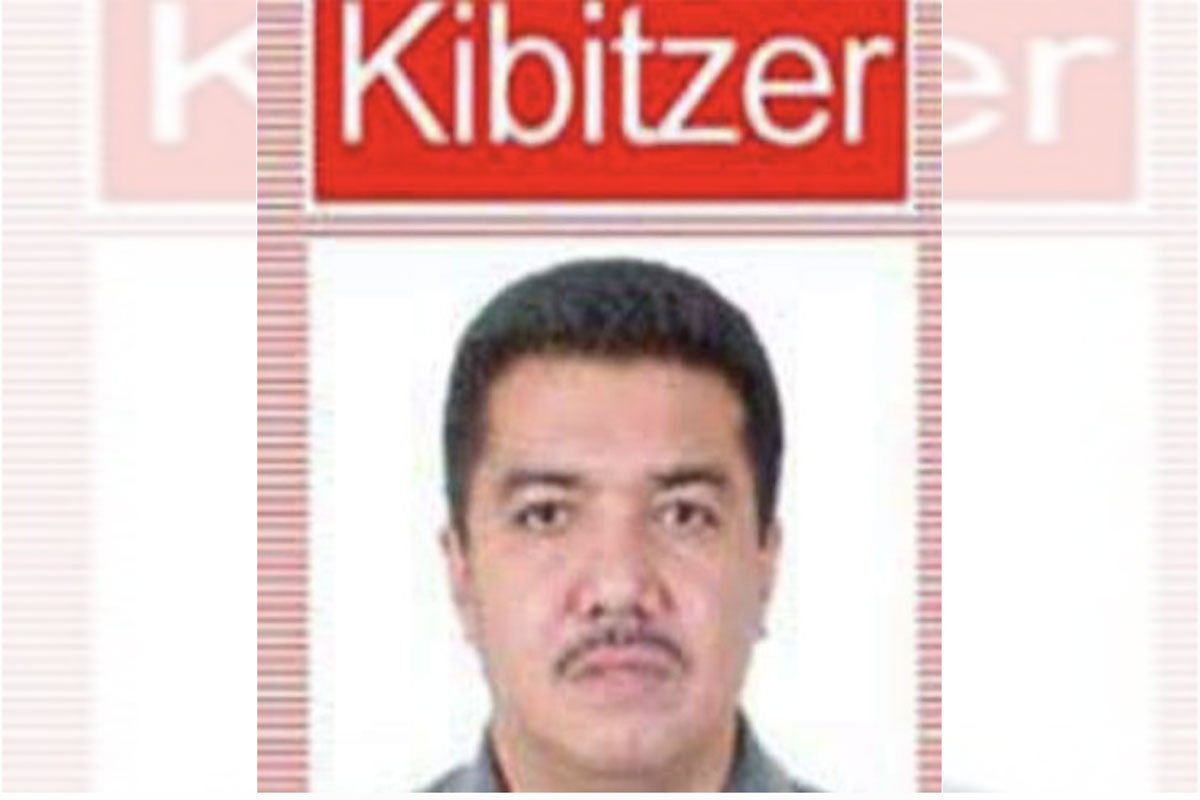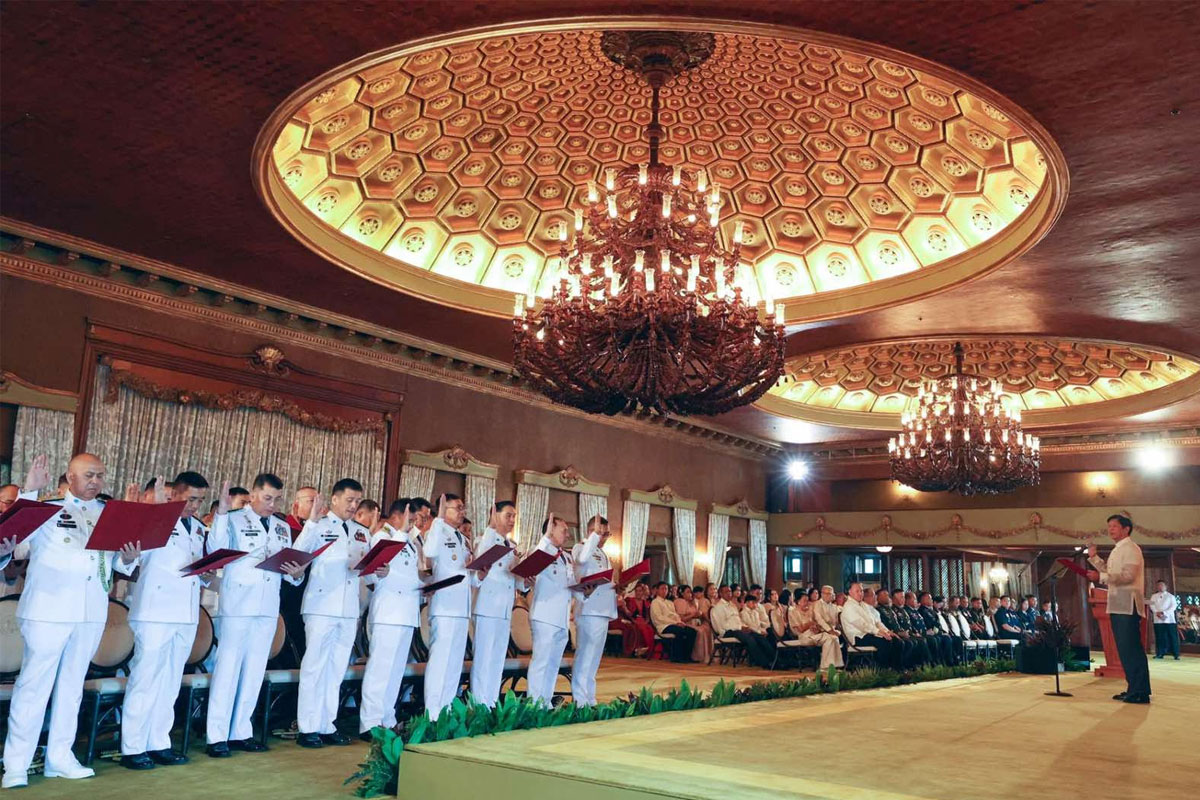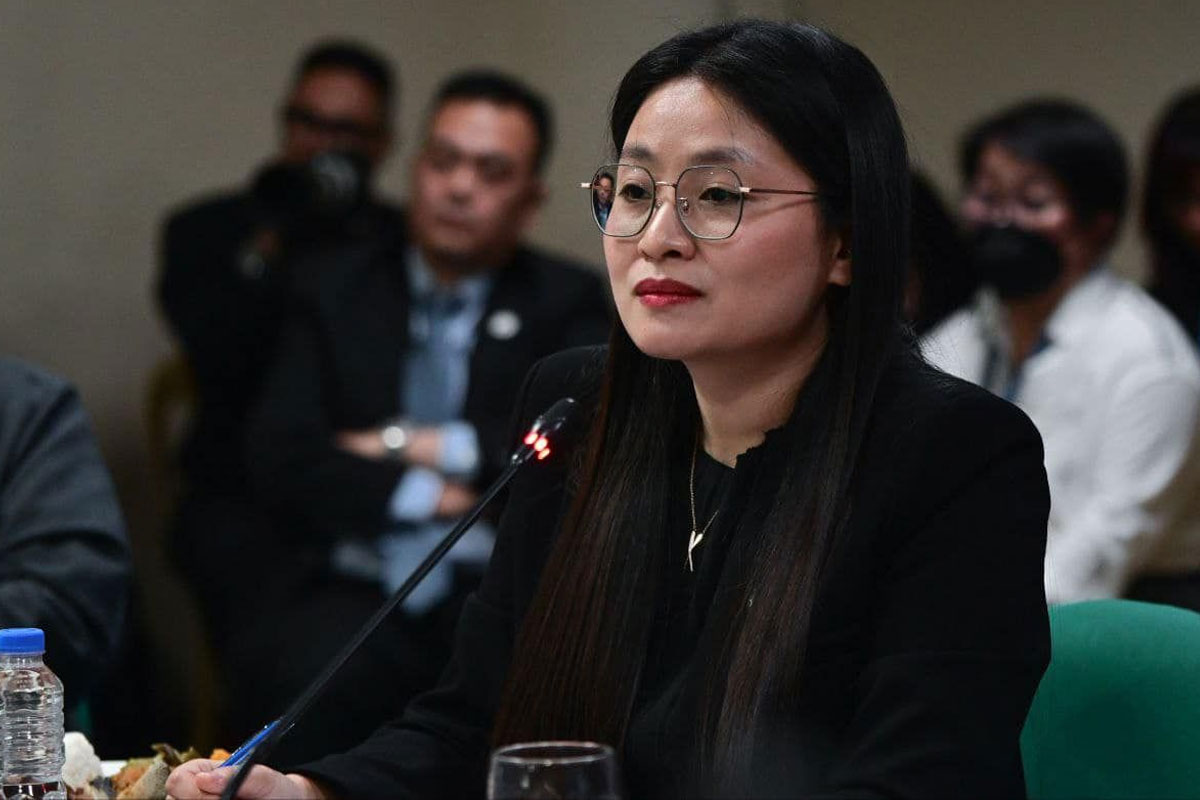
Speedy resolution of motorbike taxi law pressed
LAWMAKERS and concerned stakeholders called for the expedited resolution of the motorcycle taxi law which would legitimize the regulation and operation of motorcycle taxis (MCTs) as public utility vehicles (PUVs) during the latest technical working group (TWG) meeting of the Committee on Transportation (COTr) conducted last Tuesday.
After its initial review since its pilot in 2019, Congress is renewing its push for the passage of the law, in light of the increased demand for efficient public transport and livelihood during this pandemic.
TWG chair Rep. John Reynald Tiangco (Navotas City) cited the scarcity of a reliable public transport system and the advancement of technology as the factors that drew attention again to MCTs. He acknowledged that the “motorcycle helped in addressing the transport gap in Metro Manila in the absence of viable solutions to our public transportation problem.”
This same solution can be applied to other parts of the country which had been aggravated by the pandemic.
As Puwersa ng Bayaning Atleta Party-list Rep. Jericho “Koko” Nograles acknowledged, “There is an inordinate delay in the clear implementation of the service and now, more than ever, people need the government to act. While balance must be achieved on safety and convenience, the trial period is already over-extended and clear policies must be in place.”
Iloilo representative Julienne “Jam” Baronda called for urgency in consolidation: “We conducted this TWG so we can craft the law. Tumataas ang bilang ng walang trabaho. Huwag na po natin i-delay para po sa mga nawalan ng trabaho.”
This was echoed by 5th district of Manila Rep. Cristal Bagatsing who expressed her dismay over delays since the 17th Congress. “We cannot deny the fact that MCTs have become an essential part of Filipinos’ public transport lives. Bakit pa natin sila patuloy na pinahihirapan? Madami na nga nawalan ng trabaho, ‘wag na natin dagdagan pa by removing their most convenient mode of transportation and livelihood.”
Bagatsing said the pilot studies provided enough data and collective experience on the ground from operators which can enable Congress to come up with a bill and pass legislation. “This TWG has been going on too long, we see the need and it caters to the needs of the people.”
The Department of Transportation (DoTR) presented a summary of findings during the last pilot run but it was revealed that the study still lacked data to be comprehensive for the third TWG.
While acknowledging that transport safety is a major concern to passing the motorcycle taxi law, Angkas Chief Transport Advocate George Royeca expressed confidence that safety regulations, public sector compliance of public health guidelines, and innovations like the IATF-approved shield have proven that motorcycle taxis can give the public the service they need while reducing the chances to virus transmission.
He said, “We’ve come so far. With the pandemic, it has been a challenge for us. Working with the Inter-Agency Task Force on Emerging Infectious Diseases (IATF), we were able to come up with guidelines to make it safe.”
“Safe po ang motorcycle taxi. The accident rate for Angkas is only 0.003%. If we train bikers and equip them with proper tools, it will be safer,” Royeca reiterated.
He further described Angkas as a symbol of the collective struggle of millions of Filipino motorcycle riders striving to make ends meet safely and with dignity—and given proper training and guidance, succeeding with a safety record of 99.997%.
Angkas already has a certificate of compliance and is continuing improvements to safeguard both its drivers and riders.
Another concern raised in the TWG was that further delays only led to the proliferation of more unsafe motorcycle-like vehicles like the habal-habal due to public demand.
Legalizing MCTs and giving both riders and passengers proper guidelines will deter the public from resorting to risky vehicles as an act of desperation.
The need to legalize MCTs is underscored by the recent noticeable rise of motorcycle owners. Data presented by Move as One Coalition revealed that from 3.5 million motorcycles in 2010, numbers rose to 5.3 million in 2016; it also reported that between 2012 and 2019, motorcycle trips in Metro Manila tripled. Meanwhile, the Land Transportation Office’s (LTO) data pegged the number of motorcycle owners at 18.8 million.
Urban planner and transport expert Dr. Robert Siy emphasized the need for safety regulations, saying, “Proposed bills should be matched so we can achieve a mobile environment for the Filipinos. Before we look at new and additional ways of increasing public transport supply, we should exhaust existing ones.”
House Assistant Majority Leader and Quezon City Rep. Precious Castelo, one of the sponsors of the bill, looks forward to the speedy and smooth amendment of the consolidated bill. She said, “In our district, a lot are relying on motorcycle taxis as a means of transportation and livelihood. We hope that passage and approval will be done by Congress and the Senate.”














